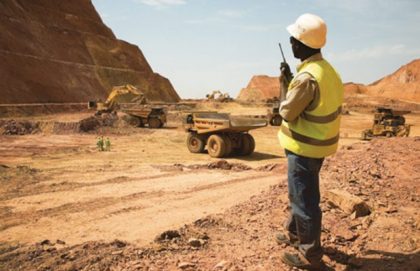Rarely do I find articles that accurately and appropriately speak about the challenges companies face when operating in frontier markets. Occasionally, however, I come across a piece that hits the nail on the head and correctly identifies and discusses the problems. Today was one of those days when I found this post on the World Bank’s website, which states:
 “For much of the last half century, the dominant political economy model of natural resource management in Africa was this: states received royalties from mostly private mining companies and then were supposed to invest in public goods such as roads, hospitals, and schools. Private mining companies, for their part, would pick up the slack whenever states failed. Most of the time this happened through corporate social responsibility (CSR) initiatives, as a way of buying the social license needed to operate in specific communities. This model has proven to be a complete failure in nearly all resource-rich African states, for a number of reasons.”
“For much of the last half century, the dominant political economy model of natural resource management in Africa was this: states received royalties from mostly private mining companies and then were supposed to invest in public goods such as roads, hospitals, and schools. Private mining companies, for their part, would pick up the slack whenever states failed. Most of the time this happened through corporate social responsibility (CSR) initiatives, as a way of buying the social license needed to operate in specific communities. This model has proven to be a complete failure in nearly all resource-rich African states, for a number of reasons.”
There is an immediate solution available for companies that avoids the pitfalls associated with reliance on governments and CSR activities to establish the social license to operate. This alternative does not rely on institutions and governments, which the company has no control. The option is to engage directly with local communities around the areas where companies operate. Understanding local context and nuances is difficult and much trickier than traditional engagement activities.
ENODO Global understands the pitfalls associated with western style CSR initiatives and the causes of their failures. For that reason, we developed a unique approach to population-centric engagement for companies and NGOs working and operating around the world. At ENODO, we identify both the long-term and short-term community needs, and we assist mining companies and firms in other sectors to have an immediate and enduring positive impact. Our process and methodology allow us to design and implement more effective development initiatives and engagement strategies. We draft and ratify the social license to operate for companies and communities.

